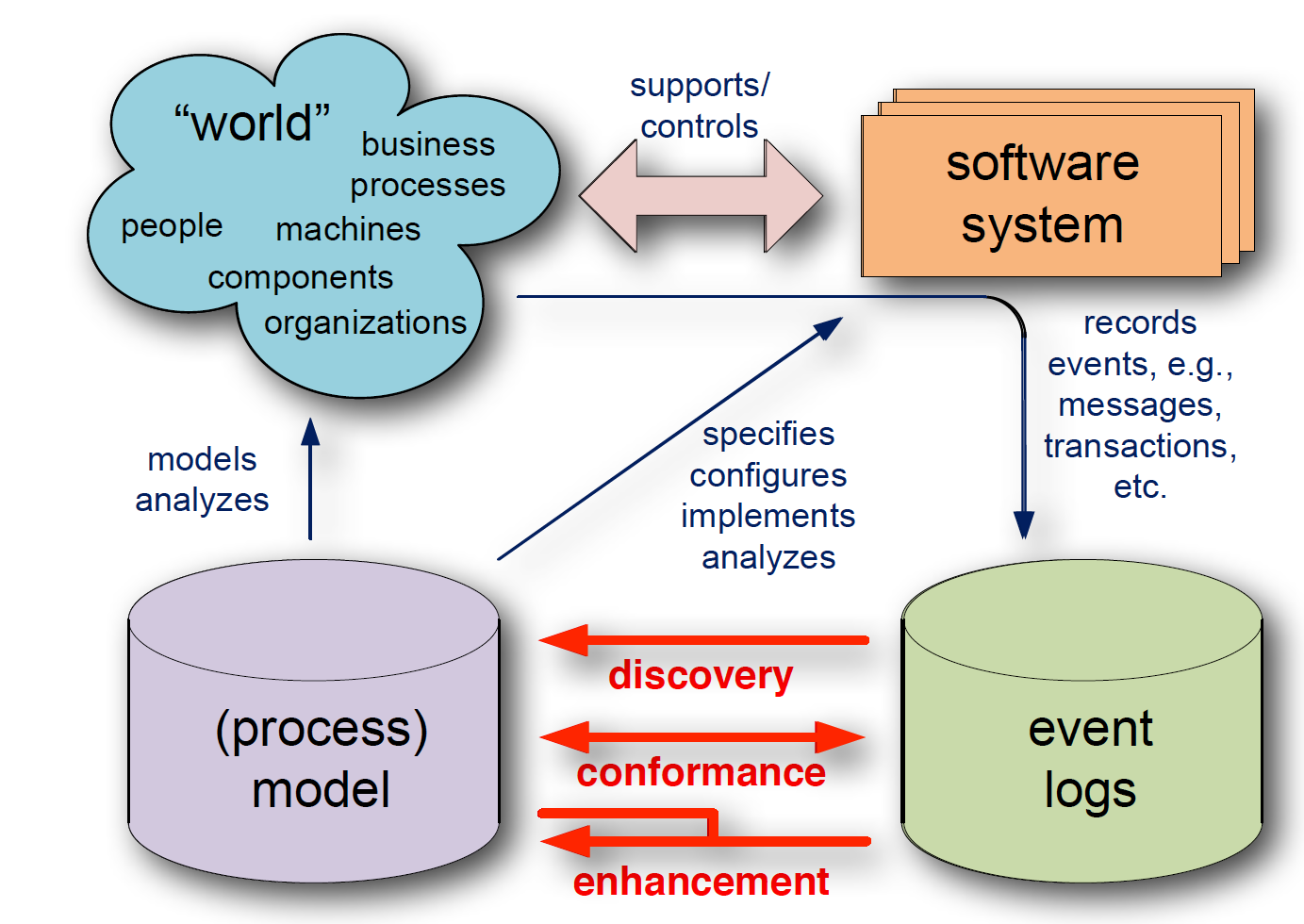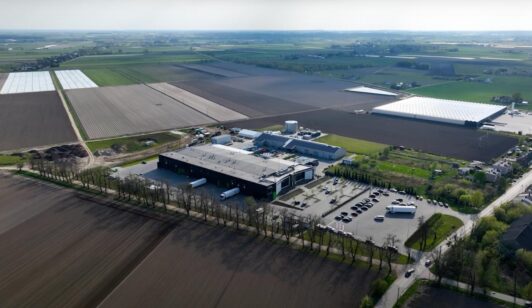
4 min
How Process Mining impact business processes optimization?

More and more often in business we come across the word process mining, which, as it turns out, gives us full and detailed knowledge about the actual processes in our organization. But what exactly the process mining is? Where did it start? I will try to answer these questions in the following article.
The development of the process mining method has been greatly influenced by the progress related to the analysis of large amounts of data and the development of IT systems that support business processes in organizations (e.g. ERP, HR, CRM, BPM). Due to the ongoing digital transformation of enterprises, the number of tools and IT systems is increasing, causing an exponential growth of generated data.
According to the business process mining manifesto created by IEEE Task Force on Process Mining, process mining is a field of research on the borderline of several sciences: computational intelligence, data mining and process modeling and analysis.
Process mining is based on gaining knowledge from the analysis of events (actions recorded in the event log), which are collected in current information systems, such as:
- business applications,
- IT infrastructure,
- security systems.
What exactly is an event log? It is a chronological record of information about events and activities in information systems, servers, computers. It is created automatically, independently of the user. It helps to track the operation of information systems, servers, computers, allowing the creation of reports and statistics.
The event log in process mining is used to:
- creating process models by automatically discovering the workflow structure,
- monitoring thanks to identifying bottlenecks, predicting future problems with the help of visualising deviations of the executed process from the assumed model,
- improvement through modification and optimization of already modeled processes.

Source: „Process Mining Manifesto”
To summarize, we can say that process mining is a set of methods and tools used to build process models, their verification and expansion based on data from events (logs) occurring in information systems.
Process Mining – Key Principles
In 2011 IEEE Task Force on Process Mining, A group of over 75 people spanning more than 50 organizations published the Process Mining Manifesto. It sets out principles and defines important challenges. The Manifesto is intended to serve as a guide for developers, researchers, consultants, business managers, and end users.
This document also presents 6 principles that will help users/analysts avoid problems associated with the practical application of process mining:
- Event data should be treated as master data.
- Data related to events in IT systems should be reliable (the event has occurred, and its attributes are correct) and secure.
- The log of events must be complete (no event has been omitted in the audited period)
- Each event should have clearly defined semantics.
- Retrieval of event data should be the result of queries.
- The model should support basic control flow constructs including concurrency and selection.
- Events should be associated with model elements.
- Models should be treated as an intentional abstraction of reality.
- Process exploration should be performed continuously.
How does Process Mining help optimize business processes?
A large number of processes, steps and people involved in performing a task, and many different systems responsible for separate (but sometimes overlapping) processes along the way is our reality today. As such, if one area is underperforming, it affects the other areas. However, it may not be immediately obvious on which elements and to what extent. Today’s times require that our organizations operate at maximum efficiency, because then we have a chance to outperform our competitors. Flexible/universal processes implemented in our companies (e.g., Case Management) turn out to be helpful in this pursuit.
Flexibility or versatility of processes can only be achieved through a deep understanding of how they work and where optimizations can be implemented. With process mining we obtain objective, factual observations from real data that support us in controlling, analyzing and improving existing business processes.
Using key process performance indicators (KPIs), the process mining method will show us opportunities to improve or enhance the process under study. By performing root cause analysis on data from IT systems, we will learn why events may have deviated from the standard process (happy path). In this way, we can detect potential problems (before they have a negative impact), ensure cost efficiency and compliance with regulations, and most importantly, we can be several steps ahead of the competition.
I hope that with this post I brought closer the topics related to process mining. While writing this article I used the material contained in the Process Mining Manifesto (link) which was published by IEEE Task Force on Process Mining.
In the following articles we will develop the area related to process mining and present practical examples of how to benefit from this method.
If your organization is looking for solutions that support and optimize processes, I encourage you to contact me. I will share my knowledge and experience and the GoNextStage team will present our solutions. I also encourage you to subscribe to our newsletter, where we write about business processes and their optimization.


